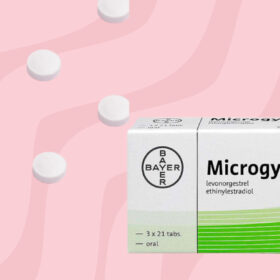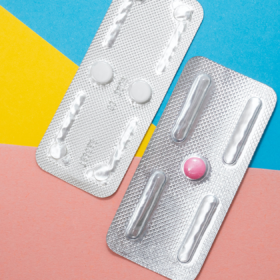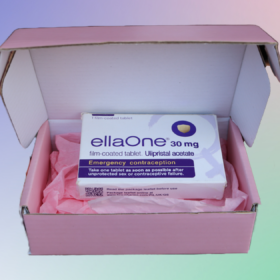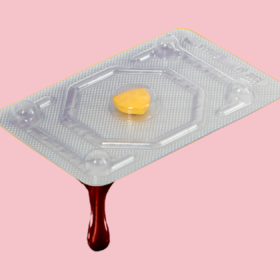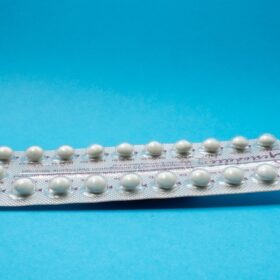
How many times can you take the morning after pill?
In this article
What's the lowdown?
You can take the morning after pill as many times as you need, and it will not affect your fertility
You can take the morning after pill more than once in the same menstrual cycle, but it won’t work if you’ve already ovulated
It is not recommended that you rely on the morning after pill as a regular form of contraception as it’s not as effective as other methods
You can buy both types of morning after pill from The Lowdown with fast, discreet delivery
You may have heard myths such as you can only take the morning after pill three times in your life, or that it’s harder to get pregnant if you’ve used the morning after pill. Let’s get one thing straight: this is just not true. Here’s what you do need to know…
How many times can you take the morning after pill?
There is no limit to the amount of times you can take the morning after pill, or how often you can take it. The morning after pill is safe to take; as both the levonorgestrel and ellaOne morning after pills have no long term effects on your body, and won’t cause any fertility problems. However, healthcare professionals don’t recommend taking it too often, as it’s simply not reliable as an ongoing contraceptive method. LoviOne is a brand of levonorgestrel based morning after pill that you can view here.
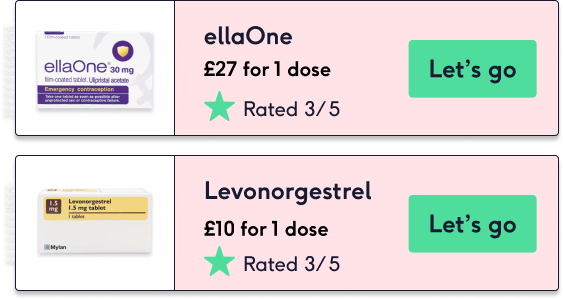
There are plenty of contraception options available that are far more effective and easy to use, whether you want to use hormonal contraception or not. If you are currently using a contraceptive, but find that it’s not working out well for you, e.g. you keep forgetting to take your pill, the patch irritates your skin or you just don’t get on with condoms, try our contraception recommender tool to help find a method that may work better for you, or book an appointment with one of our women’s health GPs for personalised advice on ongoing contraception options that can be used in the short or longer term.
Can you take the morning after pill twice in a menstrual cycle?
Yes, you can take the morning after pill multiple times during one menstrual cycle. However, there are a few things to be mindful of…
The morning after pill likely won’t work if you’ve already ovulated. The first time you take it during a menstrual cycle it may successfully delay ovulation. If you take it again later during the same cycle, ovulation may have occurred. You may want to consider getting the emergency copper IUD, as this is the most effective method of emergency contraception and can be fitted up to 5 days after ovulation.¹
If you’ve already used ellaOne or a levonorgestrel morning after pill once or more in a cycle you can use the same type of morning after pill again in the same cycle.¹
- However if you’ve used ellaOne, levonorgestrel should not be taken in the following 5 days as in theory they could interact and the effectiveness of ellaOne could be reduced
- If you’ve used levonorgestrel within the last 7 days and then use ellaOne, the effectiveness of ellaOne could theoretically be reduced
- In these situations consider a copper coil, or if this isn’t suitable, the same type of morning after pill as used previously in the cycle can be used again. Your healthcare professional can discuss this with you
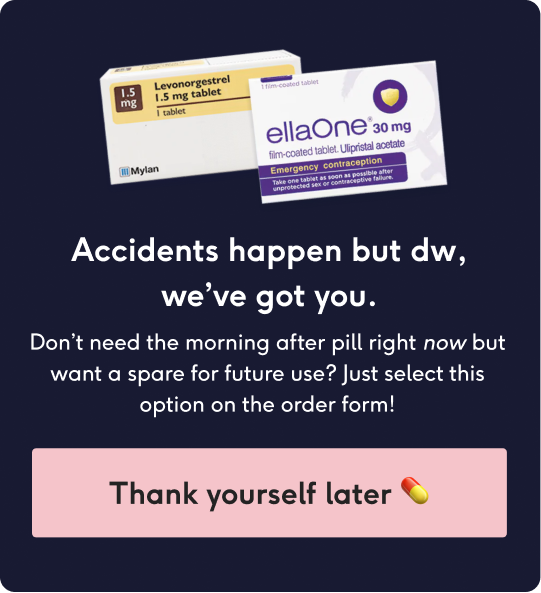
A listed side effect of the morning after pill is temporary changes to your menstrual cycle, including spotting. Your period may be earlier, later, lighter, heavier or more painful than usual after taking the morning after pill. This is because it delays ovulation which can alter the timing of your natural cycle. This should only affect your next period before things return to normal. To learn more about how the morning after pill actually works, check out our guide to emergency contraception, and our blog on how the morning after pill can affect your menstrual cycle.
We always recommend taking a pregnancy test 3 weeks after using the morning after pill to make sure it’s worked. You can buy a Clearblue test from Amazon to be sure (affiliate link).
The morning after pill can cause light spotting, as well as the changes to periods mentioned above, so don’t rely on getting your period as the only sign that you’re not pregnant.
Can you take too many morning after pills?
Taking more morning after pills than the dose advised will not mean that you are less likely to get pregnant. In fact, it’s more likely to make you feel nauseous and/or vomit. Vomiting reduces the effectiveness of the morning after pill and if you vomit within 2 hours of taking a levonorgestrel pill, or within 3 hours of taking ellaOne, then you will need to take another dose or seek out other emergency contraception like the copper coil (IUD).
It’s unlikely that you’ll need to seek medical advice if you take one more morning after pill than you need, but you may feel sick or experience some vaginal bleeding.²
In some circumstances healthcare professionals may advise you to take two doses of the levonorgestrel morning after pill, for example where individuals have a higher BMI, or are taking other medication.
Can the morning after pill make you infertile?
No, the morning after pill will not make you infertile. It has no effect on fertility, all it will do is delay ovulation (the release of an egg from the ovary) if taken before this has occurred naturally. Most morning after pills contain the same type of hormone that’s in the most common contraceptive pills. Neither this hormone, or the morning after pill, will impact on your ability to conceive after using them.
Our medical review process
This article has been medically reviewed for factual and up to date information by a Lowdown doctor.


